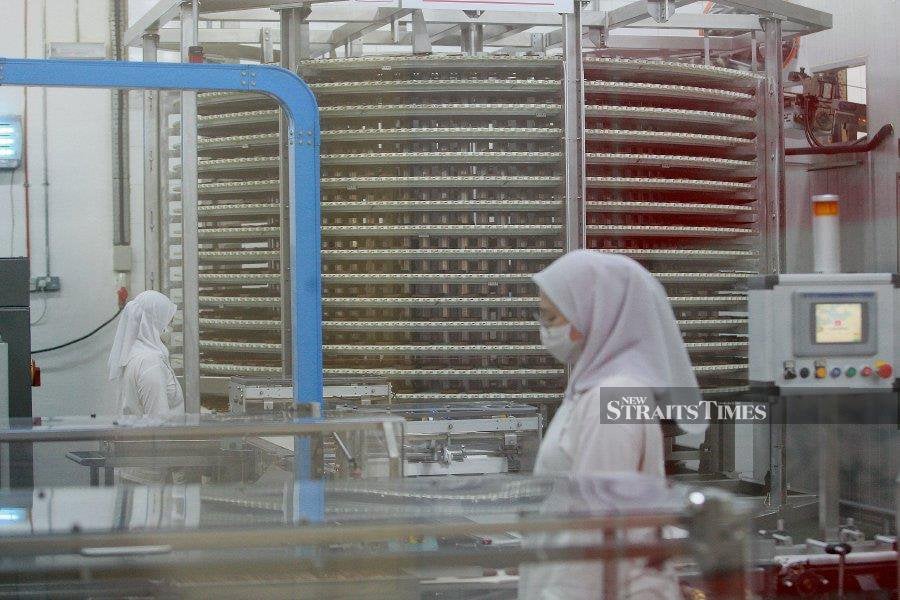The Department of Statistics Malaysia has a January boast: the number of Malaysians unemployed dropped to 567,300, with the rate of unemployment stabilising at 3.3 per cent.
Sure, 17.05 million jobs for that many Malaysians may appear as gainful employment. But are they? It turns out that what is true for some Malaysian jobholders may not be true for our fresh graduates.
In a study titled "Shifting Tides: Charting Career Progression of Malaysia's Skilled Talents" released on March 4 by the Khazanah Research Institute, more than a third of fresh graduates were found to be working in jobs that had nothing to do with their degrees.
If that wasn't bad enough, they were underpaid, many earning just slightly more than the RM1,500 minimum wage.
Their story is a 10-year-old tale of triple whammy: overqualified, underpaid and in non-standard employment. This is not only a problem for the young graduates, but also for the industry and universities. Add them all up and you get a national problem waiting to go ballistic.
Is it any wonder that many secondary school leavers are happy to opt out of tertiary education? It is inappropriate to talk of return on education as if it is a business proposition, but this highly commercialised world of ours is telling them that university education just doesn't bring in the right return on investment.
Clearly, the graduates can't solve the problem by themselves. They walk out of the grounds of their campuses and find themselves locked out of the jobs they were trained for, or at least, prepared for.
Because there aren't enough jobs for the skilled out there. The industry, geared as it is for low-skilled jobs, is not interested in creating them. But the universities keep churning them out for the very same jobs which aren't there.
Are the two talking from different premises? They certainly are. They have been for the longest time. Sure, there have been "centres of excellence" established as a result of a rare collaboration between the two. But these were "hot ideas" for the moment.
Today, neither the industry nor the universities talk of them with the enthusiasm of years gone by. The institutions of higher learning are blaming the industry for being unwilling to work with them to produce the graduates it needs. The industry in turn blames the academies for not helping them get the graduates they want.
The truth lies somewhere in between. It is time for the government to push the industry and the universities to work together to solve the triple mismatch. A decade is a long lag.
Why the government? Because the issues of low wages, overqualification and non-standard employment among Malaysian graduates are old ones. Ten years is nine years too many. When it comes to paying reasonable wages, Malaysian employers are one reluctant lot.
Take the case of the government's proposal of a RM4,000 monthly wage for technical and vocational education and training graduates. "Inappropriate," our employers screamed in unison, if we can put it that way. A case of wanting to eat the cake and keep it? Sure sounds so. Malaysian employers can't bear very much reality. Only Putrajaya can make them face the moment of truth.





